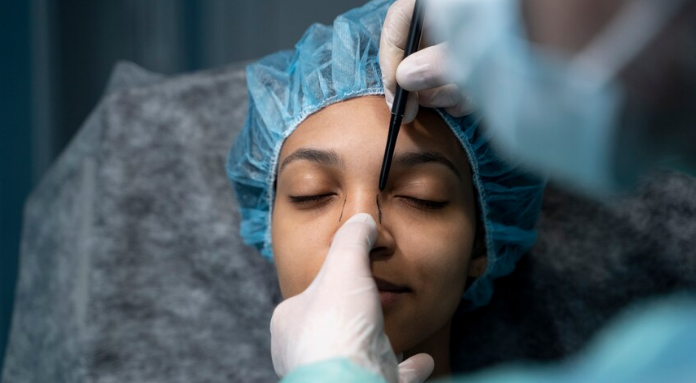Cataract surgery is a common and highly effective procedure that can significantly improve your vision and quality of life. However, the journey doesn't end once the surgery is over. Proper post-operative care is crucial to ensure a smooth recovery and optimal outcomes. Here, we offer detailed advice on the recovery process, including tips for post-operative care and managing common side effects.
Immediate Post-Surgery Care
After cataract surgery, you will spend a short time in the recovery area. Your eye will be covered with a protective shield to prevent accidental rubbing or pressure. It’s normal to feel mild discomfort and have blurred vision initially. Rest is essential during the first 24 hours.
Key Tips:
- Avoid Touching or Rubbing Your Eye: This can prevent infection and allow the eye to heal properly.
- Use Prescribed Eye Drops: Follow the schedule provided by your doctor to reduce inflammation and prevent infection.
- Wear Protective Eyewear: Use the provided shield or glasses, especially while sleeping, to protect your eye.
The First Week of Recovery
During the first week, you should notice gradual improvement in your vision. It’s important to adhere strictly to your surgeon's instructions during this period.
Key Tips:
- Attend Follow-Up Appointments: These visits allow your surgeon to monitor your healing and address any concerns.
- Limit Physical Activity: Avoid strenuous activities, heavy lifting, and bending over, as these can increase pressure in the eye.
- Keep the Eye Clean: Use a clean, damp cloth to gently clean the eyelid area, avoiding direct contact with the eye.
Managing Common Side Effects
Post-operative side effects are generally mild and temporary. Understanding how to manage these can ease your recovery.
Common Side Effects:
- Blurry Vision: This should improve within a few days. Avoid straining your eyes and allow time for adjustment.
- Light Sensitivity: Wear sunglasses outdoors to protect your eyes from bright light and UV rays.
- Dry Eye or Itching: Use lubricating eye drops as recommended by your doctor to alleviate discomfort.
Long-Term Recovery and Care
Recovery from cataract surgery continues over several weeks to months. Ensuring your eye heals fully and your vision stabilizes requires ongoing care.
Key Tips:
- Monitor Your Symptoms: Report any sudden changes in vision, severe pain, or increased redness to your doctor immediately.
- Continue Using Eye Drops: Complete the prescribed course of eye drops even if your symptoms improve.
- Adopt Healthy Eye Habits: Maintain a healthy diet rich in vitamins and minerals, and stay hydrated to support overall eye health.
When to Seek Help
While complications from cataract surgery are rare, it's important to recognize when to seek medical attention. If you experience any of the following, contact your surgeon promptly:
- Severe or persistent pain
- Sudden loss of vision
- Signs of infection such as increased redness or discharge
- Flashes of light or floaters
These could indicate complications like infection, retinal detachment, or increased eye pressure, all of which require immediate intervention.
Conclusion
Proper post-operative care is essential for a successful recovery after cataract surgery. By following these guidelines and working closely with the Best Cataract Surgeon, you can ensure the best possible outcomes for your vision. Remember that Maxivision Eye Hospitals is the best eye care hospital in India, offering world-class eye care treatment.
Taking the necessary precautions and adhering to your surgeon’s advice will pave the way for a smooth recovery, helping you regain clear vision and enhancing your quality of life.





Comments